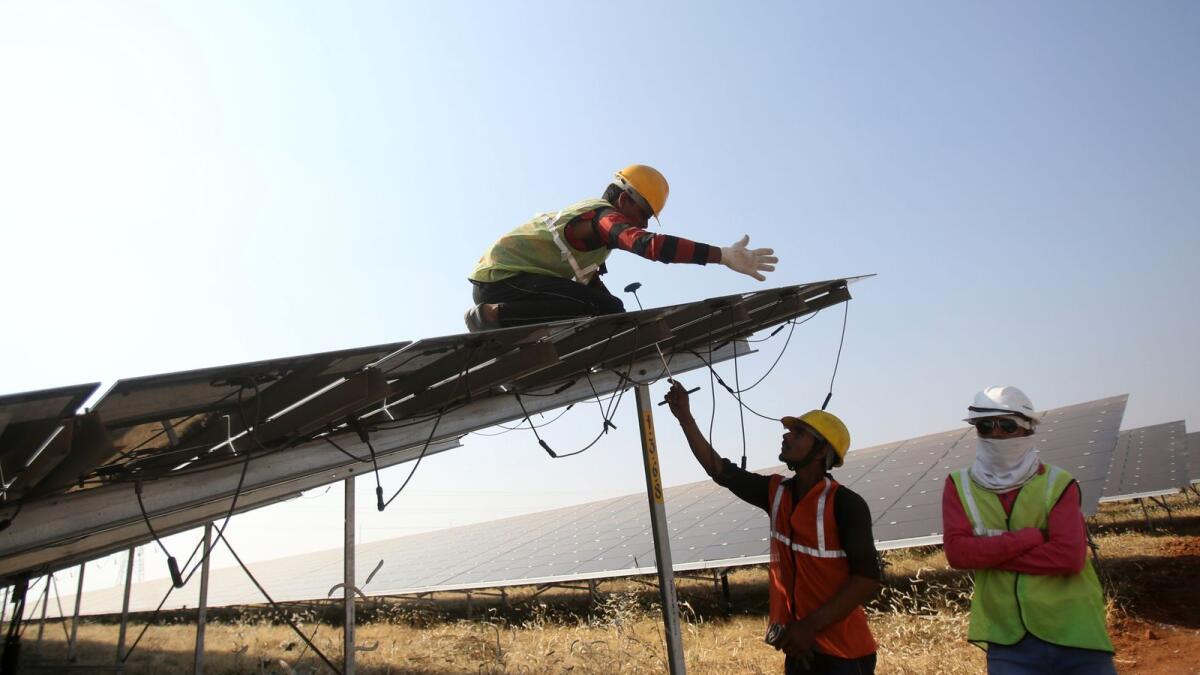With the Government’s Rooftop Solar Project in full swing in India, more than ten million applications have been received for installing grid-connected solar panels on houses. Each householder who avails of the scheme will receive a subsidy of Rs78,000 and 300 units of electricity free every month. To meet the demand, more than 50,000 entrepreneurs are being trained to supply the necessary products. An amount of Rs750 billion has been allocated for this project, and entrepreneurs involved in commissioning the panels will receive collateral-free loans to help them initially. The Government is strict about the specifications of the solar panels to ensure the energy generated meets the required standards.
When it comes to the electric vehicle industry, the Indian government’s policy aims to attract investment from any country looking to capitalize on the growing market in India. New guidelines have been introduced for electric vehicles, providing incentives for companies to set up manufacturing units in India. Companies already operating in India will not need to establish a new subsidiary company. Investors who adhere to the guidelines will receive import licenses at a reduced duty rate for a specified number of electric vehicles. The concessionary import duty is 15 percent on vehicles costing $35,000 and above, with a five-year duration.
For those planning to buy residential properties in India, especially for differently-abled individuals, there are housing projects designed to cater to their needs. In Maharashtra, developers must adhere to guidelines set by the Maharashtra Real Estate Regulatory Authority, providing facilities for those who are physically challenged. These guidelines include specifications for accessibility, mobility, green building principles, wheelchair accessible elevators, ramps at different levels, gas leak detection systems in kitchens, and anti-skid tiles in bathrooms. Developers will need to self-certify various quality aspects of their projects, ensuring compliance with structural design, stability, testing, materials, and workmanship.
HP Ranina, a lawyer specializing in corporate and tax laws in India, provides insightful responses to queries related to various industries and government initiatives. With his expertise, he sheds light on the Government’s initiative to promote renewable energy through the Rooftop Solar Project and attract investment in the electric vehicle industry. Additionally, he advises on the availability of housing projects designed for differently-abled individuals, ensuring compliance with regulatory guidelines. As India continues to embrace sustainable practices and innovation, individuals and businesses can benefit from these initiatives to create a more inclusive and environmentally friendly environment.









